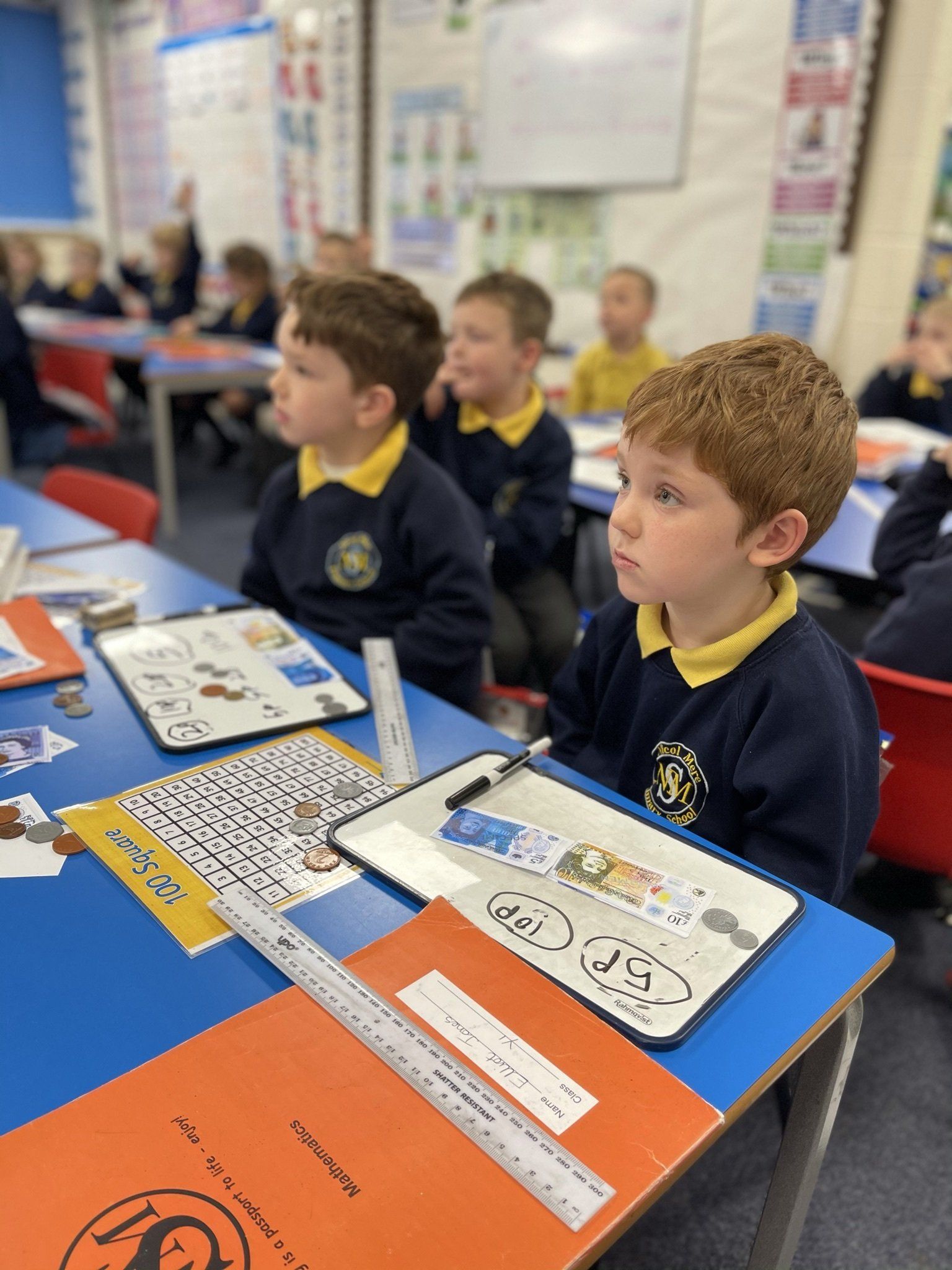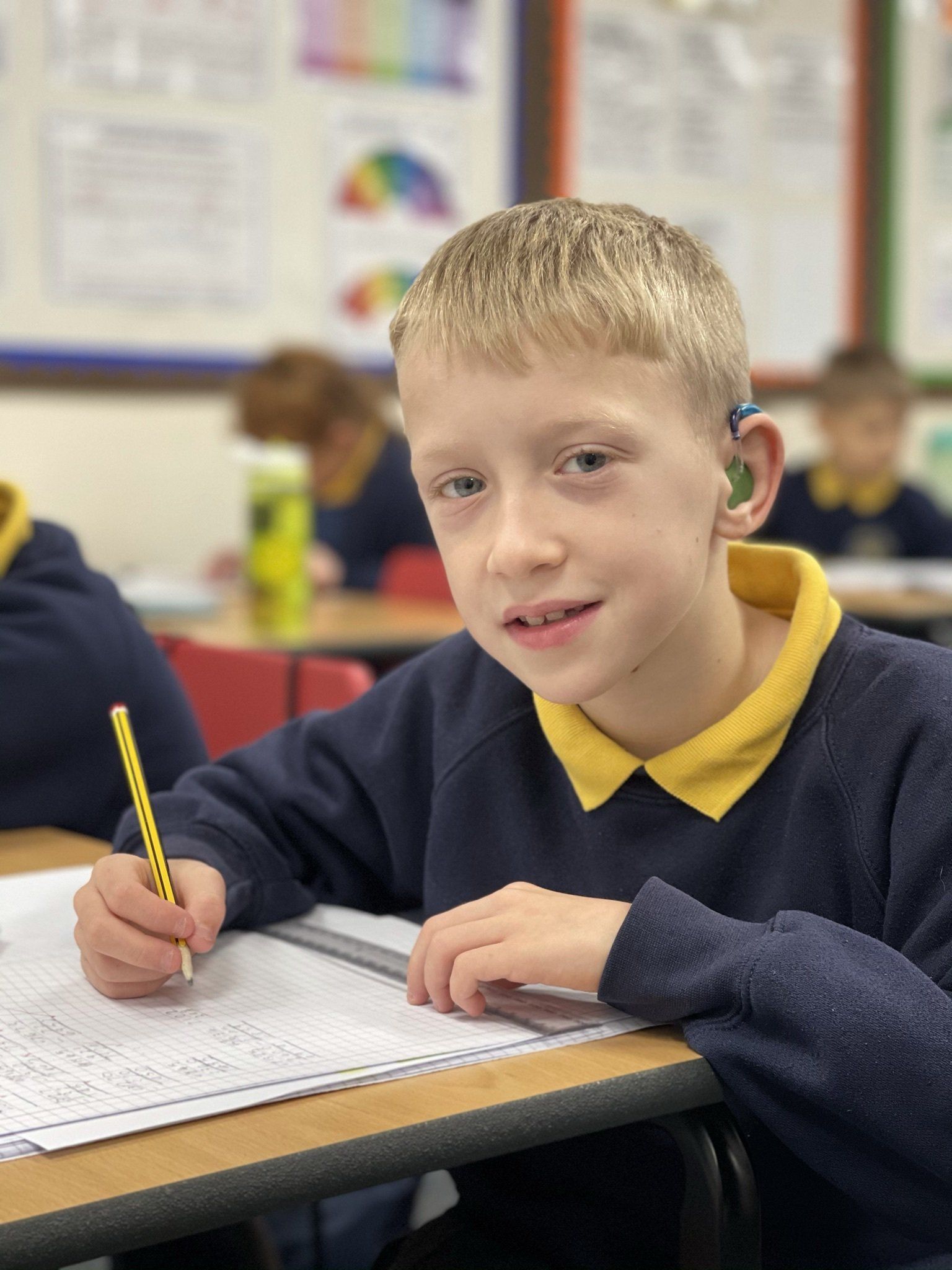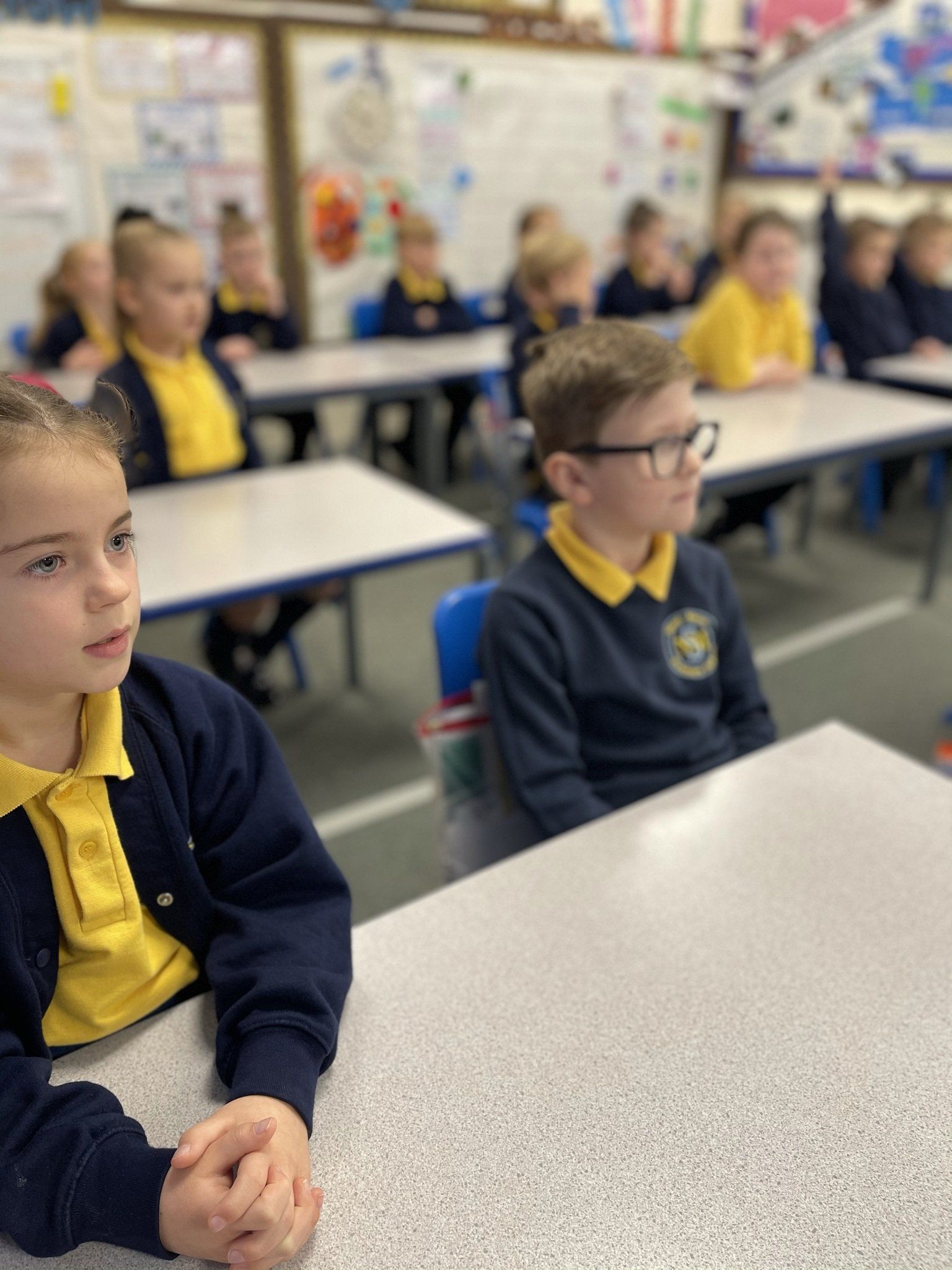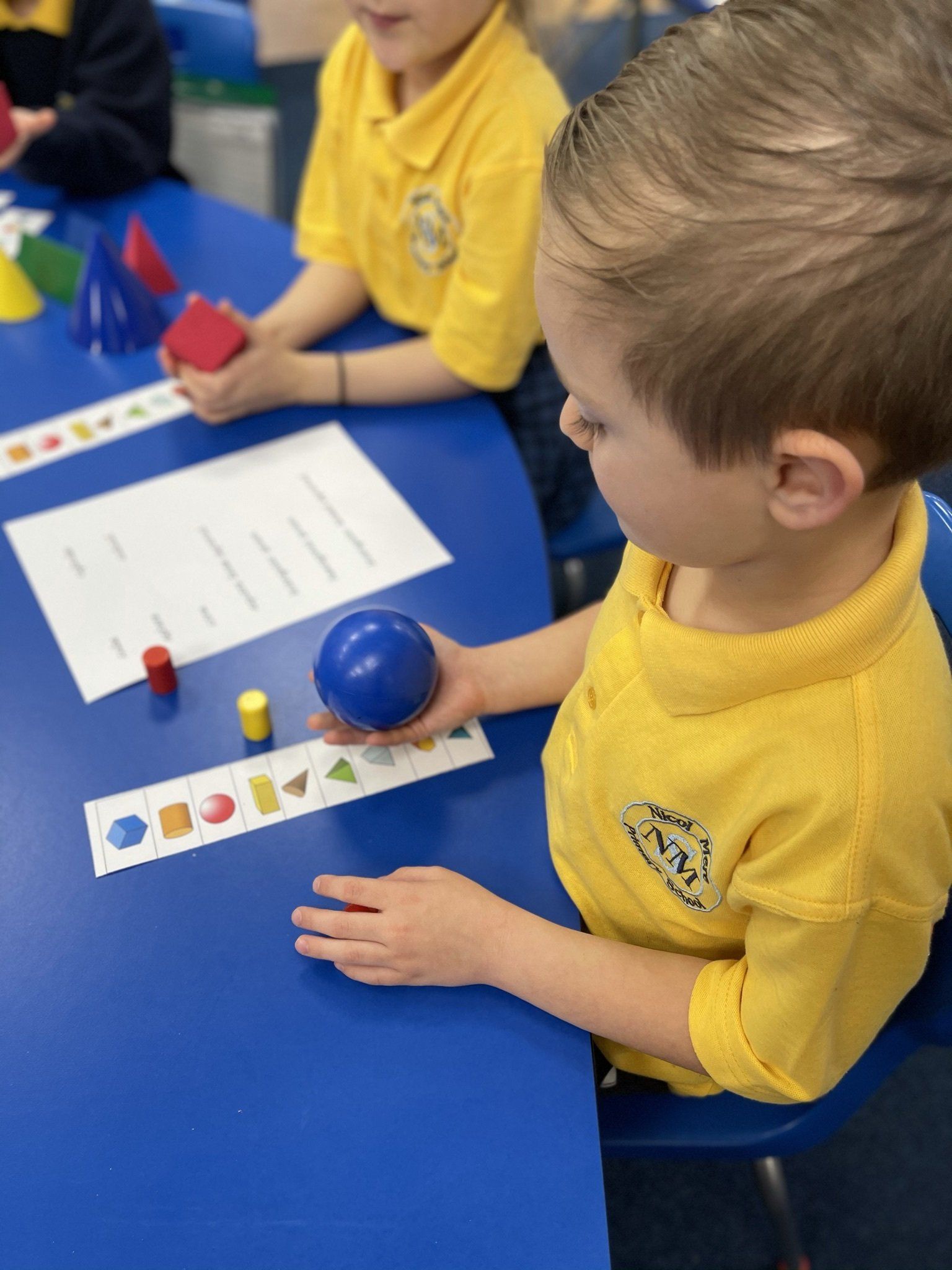Maths
Intent
- To become fluent in the fundamentals of mathematics.
- To learn how to reason mathematically.
- To solve problems by applying mathematics to a variety of problems.
- To provide our children with the skills, knowledge and vocabulary needed to be confident independent mathematicians.
- To promote our school values and British values.
- To prepare our children for the next steps in their learning journey.
Implementation
We see teaching mathematics as placing building blocks of learning on top of each other. We plan and teach in sequences of learning with skills and knowledge building on from each other. If a child has a gap in their learning, the sequence of learning is broken; consequently, the ‘tower of blocks’ will fall down. Those who are not sufficiently fluent with earlier material and with ‘gaps’ will consolidate their understanding, including additional practise, before moving on.
All mathematics teaching and learning is based on mathematical concepts/knowledge being taught in a sequence:
concrete (hands on) – pictorial – symbolic – abstract
Children are taught concepts using concrete representations alongside pictorial and symbolic representations: this process allows the children to gain a secure understanding of the concepts, finding and building links and also creating abstract representation in the children’s own tool kit – embedded learning.
Once children have a secure knowledge and understanding of the concepts, these are then applied in different contexts, question styles and/or problem solving questions. The knowledge and skills are also used and applied within different subjects in the curriculum. Our children ‘master’ the subject.
We plan for the majority of pupils to move through the programmes of study at broadly the same pace. Children who grasp concepts rapidly will be challenged through being offered rich and sophisticated problems before any acceleration through new content.
Impact
Our mission is clear, we aim to ensure that all children fulfil their full potential. We have a supportive ethos and our approaches support the children in developing their collaborative and independent skills, as well as empathy and the need to recognise the achievement of others.
The principles behind using concrete, pictorial and symbolic representations to support children enables all children to achieve. It ensures that all children experience challenge and success in Mathematics by developing a growth mindset.
Regular and ongoing assessment informs teaching, as well as intervention, to support and enable the success of each child. These factors ensure that we are able to maintain high standards, with achievement at the end of KS2 above the national average and a high proportion of children demonstrating greater depth.





